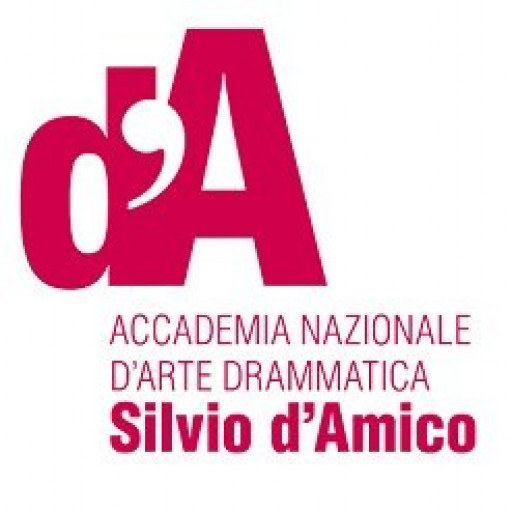The Bachelor of Film and Television at Swinburne University of Technology offers students an immersive and comprehensive education in the art and craft of screen production. Designed for aspiring filmmakers, television producers, and media creators, this program equips students with the technical skills, creative vision, and industry knowledge necessary to succeed in the dynamic world of film and television. Throughout the course, students will engage in practical projects, working with state-of-the-art equipment and software to develop their storytelling abilities across a variety of formats, including short films, documentaries, television programs, and digital media productions. The curriculum covers core areas such as screenwriting, directing, cinematography, editing, sound design, and production management, allowing students to gain a well-rounded understanding of the entire production process. Industry-relevant internships and collaborations with media organizations are integrated into the program, providing students with valuable real-world experience and professional connections. The program also emphasizes the development of critical analysis skills, cultural awareness, and innovative thinking, preparing graduates to adapt to technological advancements and changing audience demands. With access to Swinburne’s cutting-edge facilities and faculty who are active industry practitioners, students are encouraged to experiment, collaborate, and push creative boundaries. Whether aiming to work in film, television, or new media, graduates of this program will be well-equipped to launch their careers as filmmakers, directors, producers, or media specialists, contributing uniquely and effectively to the evolving media landscape.
In addition to this qualification students could be eligible to become associates of the following industry bodies and may confirm their eligibility with an institution: Australian Cinematographers Society (ACS), Australian Teachers Guild (ADG), Australian Screen Editors Guild (ASE), Australian Writers Guild (AWG), along with Screen Producers Association of Australia (SPAA).
- Year 12 or equivalent
- VCE prerequisites: Units 3 and 4: a minimum study score of 25 in English (or equivalent) or even 30 in English (EAL). Additional performance criteria and requirement requirements can also apply. English language requirements - satisfactory conclusion of one of the following: Swinburne's English for Academic Purposes (EAP 5 higher level degree ) with overall 65%, all of skills 65 percent
- Minimum IELTS overall band of 6.0 (Academic Module) with no individual band below 6.0
- TOEFL iBT (internet-based) minimum score of 75 using a hearing band at least 18 and writing band at least 20
- Pearson (PTE) minimum score of 50 (no communicative skills less than 50)
- Any other equivalent assessment of English language proficiency. Notice: A necessity for a lot of classes, the Pearson Test of English Academic (PTE Academic) can currently be done online campus in Hawthorn.
The Bachelor of Film and Television at Swinburne University of Technology offers various financing options to support students throughout their studies. Domestic students may be eligible for government support schemes such as austudy or youth allowance, depending on their circumstances. Additionally, Swinburne provides scholarships, grants, and bursaries to assist with tuition fees and living costs. International students are required to pay tuition fees upfront or via payment plans, with options available to spread payments over the duration of the program. The university also offers financial counselling services to help students plan their budgets and explore external funding sources. Students are encouraged to seek part-time work opportunities both on and off campus to supplement their income. The program's fee structure is available on the university's official website, outlining detailed costs for each academic year. Furthermore, students can access financial aid information through governmental portals to identify additional funding opportunities, including student loans and merit-based awards. The university's focus on practical skills development ensures students can pursue careers in film and television industry sectors, which may lead to higher earning potential post-graduation, thus offsetting the investment in education. Overall, Swinburne University aims to make education accessible through multiple financial support mechanisms, ensuring that talented students from diverse backgrounds can participate in the Bachelor of Film and Television programme without financial barriers.
The Bachelor of Film and Television at Swinburne University of Technology offers students a comprehensive education in the dynamic fields of film production, television broadcasting, and media arts. This program is designed to equip students with practical skills and theoretical knowledge necessary for a successful career in the creative industries. Students will engage in hands-on projects, working with industry-standard equipment and software, to develop their abilities in directing, cinematography, editing, screenwriting, and production management. The curriculum emphasizes both technical proficiency and creative storytelling, preparing graduates to adapt to the rapidly evolving media landscape. Throughout their studies, students have opportunities to collaborate on real-world projects, gain industry internships, and participate in workshops led by experienced professionals. The program also explores the cultural, social, and ethical aspects of media production, fostering a well-rounded understanding of the industry’s impact. Swinburne’s strong links with the entertainment sector and media organizations provide valuable networks and employment prospects for graduates. The Bachelor of Film and Television is suitable for students passionate about visual storytelling and interested in exploring various media platforms, including digital, online, and traditional broadcast formats. By completing this program, students will be prepared for careers such as film director, producer, cinematographer, editor, screenwriter, and media producer. The course combines theoretical learning with practical application, ensuring graduates are ready to contribute creatively and professionally to the evolving film and television industries.







